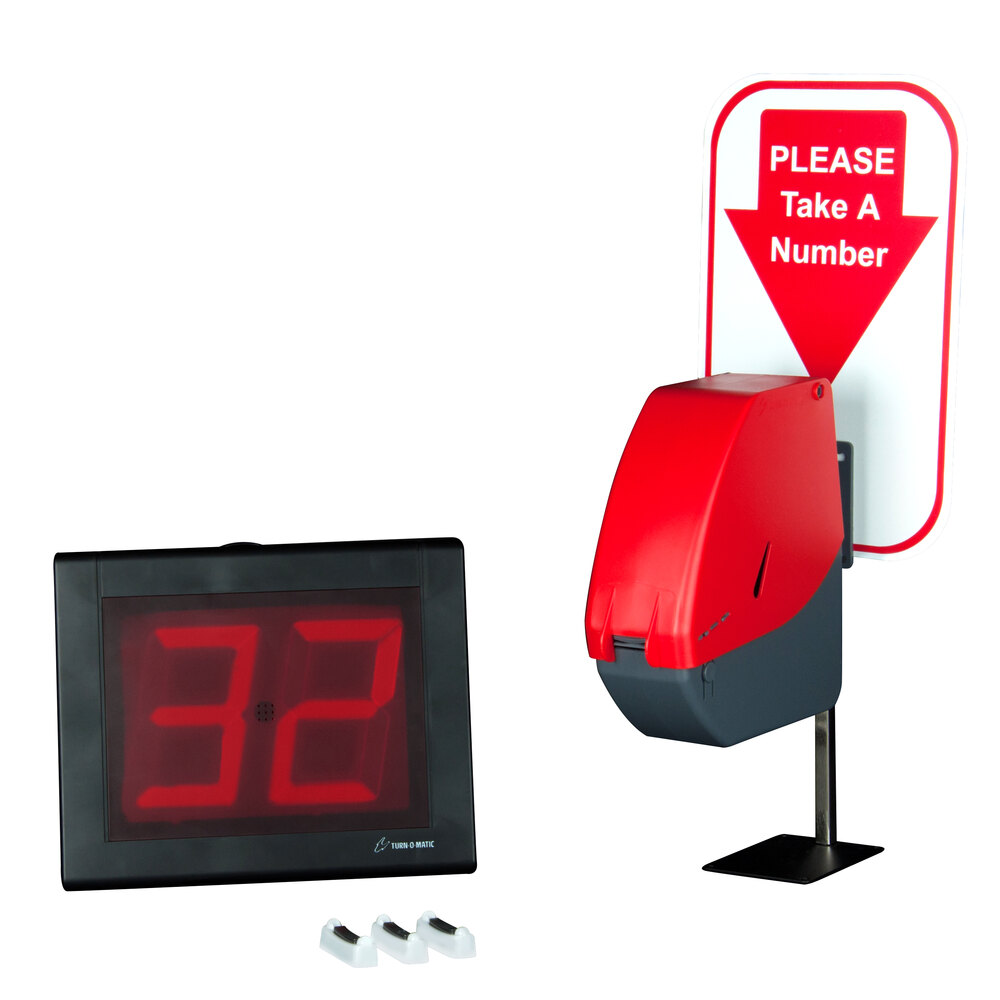If you haven’t been following #eduread on Make It Stick (by Brown, Roediger, & McDaniel) this summer, you are missing out on some good, thought-provoking conversation. (The next chat is Tuesday at 8 eastern/7 central on Chapter 6). Last night we talked about avoiding “illusions of knowledge,” i.e:

This led into how do you get kids to get help/ask questions? I was somewhat successful with two methods this year and thought I’d share:
1) Question Pop Quiz
On the start of a practice or study guide day (or maybe just after you’ve learned something really meaty), alert the students that they will be having a open-note pop quiz. (This part is optional, but sometimes isn’t it fun to mess with their minds a bit?) Hand out 1/4 sheets of blank paper (I always have a ton of one-sided scrap paper). Then tell them for the next __ minutes (usually 2, but not more than 5), they need to write every question they may have about the section/unit/chapter. It can be general (how do you know when to do…) or specific (I need help on #4 from 5.3). (Do I use too many parentheses?) (Never!) (Like I tell my kids, parentheses are protection, and they don’t work if you don’t use them.)
When time is up, I set the timer for 5-10 minutes to see if they can get the answers from their group members. If so, they can scratch them out, or if they have more, add them. Then I collect the “quizzes” and answer any unanswered questions as a class.
2) Personal Mr/Ms _______ Time
There is certainly something true about the magic of sitting down at eye-level with students. So during some study guide days, I bring my chair over to a group, set the timer for 5 minutes, and they get to ask any questions they have. If they don’t have any, I quickly scan their work to see if perhaps they do have questions but don’t know they do, but if not, then I let them “bank” their time for me to come back later, but I try to spend a whole 5 minutes with them at some point during the period. I tote around a mini-whiteboard in case I want to write something down that the whole group asks about, or I can help individuals one-on-one. If it’s a question like “AH WE HAVE NO IDEA WHAT WE’RE DOING” I may do a vocal poll of the rest of the groups and if a majority are in the same boat, go over it as a class so I’m not repeating myself 7 times (plus it doesn’t count against their time). Pam even suggested getting a mechanic’s roller chair (aka “creeper chair”)…yes, they even have them with cupholders!
This was a good way for me to be more equitable about my time in class, but I still struggle with that when it’s a short group work time, or a day of whiteboard practice. I always end up inadvertently skipping a group, spending all the time with just a few vocal students, or hearing “I had my hand up before her!”. Anyone have suggestions on that situation? Maybe I can get some sort of ticket system like the deli has:
